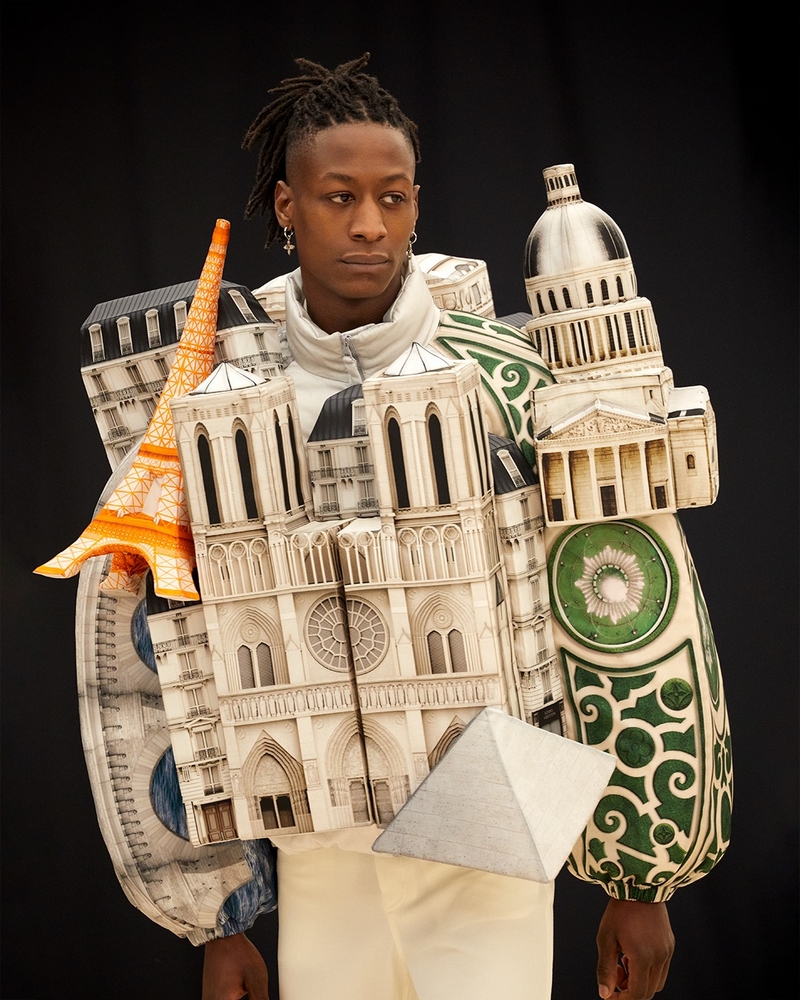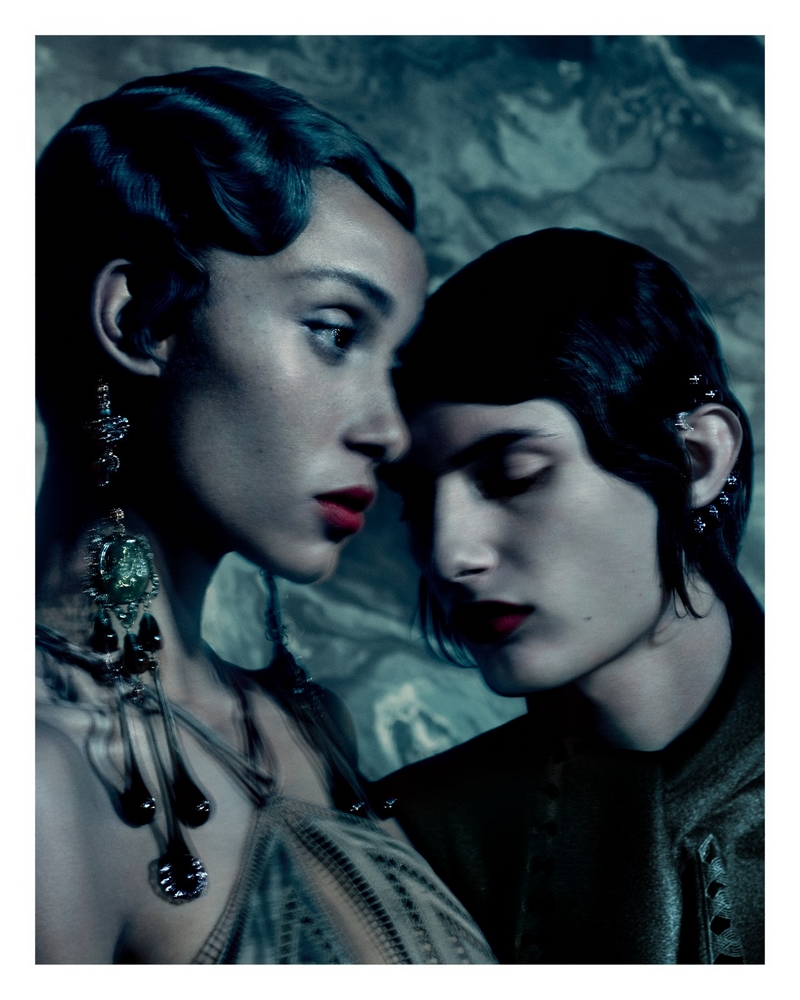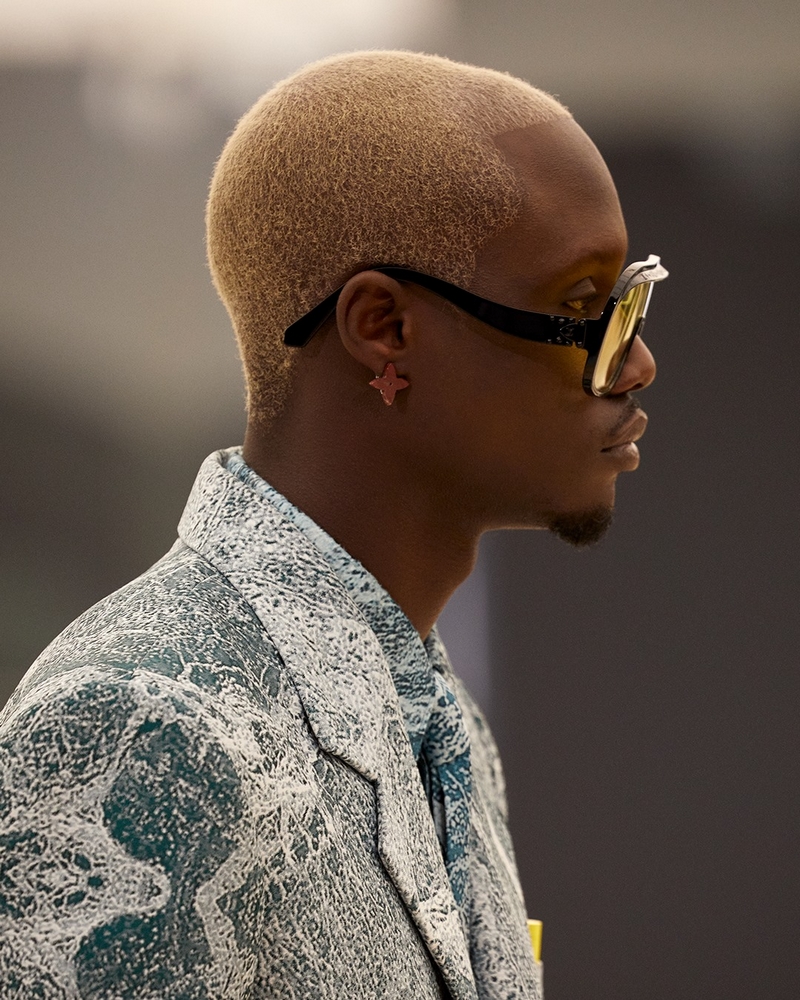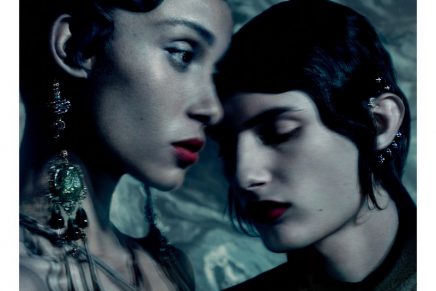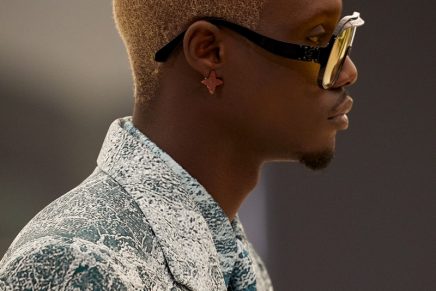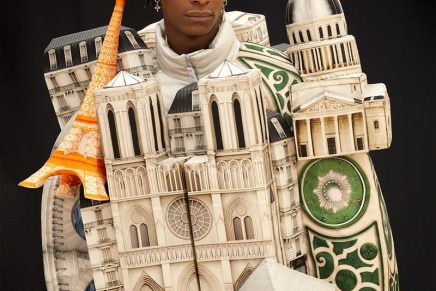LVMH enters 2021 with cautious confidence and sets an objective of reinforcing its global leadership position in luxury goods.
LVMH Moët Hennessy Louis Vuitton, the world’s leading luxury products group, recorded revenue of 44.7 billion euros in 2020, down 17%.
In a very turbulent context not only for the luxury industry, LVMH group showed that it is well-equipped to build upon the hoped-for recovery in 2021 and regain growth momentum for all its businesses. The Group announced it will continue to pursue its strategy focused on developing its brands by building on strong innovation and investments as well as a constant quest for quality in their products and their distribution.
The world’s leading luxury products group recorded revenue of 44.7 billion euros in 2020, down 17%. Organic revenue declined 16% compared to 2019. LVMH showed good resilience in 2020 in an economic environment severely disrupted by the serious health crisis that led to the suspension of international travel and the closure of the Group’s stores and manufacturing sites in most countries over a period of several months.
With an organic revenue decline of only 3% in the fourth quarter, the Group saw a significant improvement in trends in all its activities compared to the first nine months of 2020. Fashion & Leather Goods in particular, enjoyed a good performance, with double-digit growth in both the third and fourth quarters. While Europe is still affected by the crisis, the United States saw a good recovery and Asia grew strongly.
Bernard Arnault, Chairman and Chief Executive Officer of LVMH, said: “Our priority has been to protect the health and safety of our employees and our clients and we have provided direct support in the fight against the pandemic,” said Bernard Arnault, Chairman and Chief Executive Officer of LVMH in a statement.
“Our Maisons have shown great agility and creative energy in continuing to bring to life our customers’ dreams through a unique digital experience thereby further strengthening their desirability. Our focus on dynamic innovation was accompanied by strong commitments to the environment, sustainability and inclusion. We are starting 2021 with the pleasure of welcoming the iconic jewelry Maison Tiffany and its teams to our Group. In a context that remains uncertain, even with the hope of vaccination giving us a glimpse of an end to the pandemic, we are confident that LVMH is in an excellent position to build upon the recovery for which the world wishes in 2021 and to further strengthen our lead in the global luxury market,” added Arnault.
LVMH reported Double-digit organic revenue growth at Louis Vuitton and Christian Dior over the last two quarters of 2020. The luxury group highlighted the success of both iconic and new products at Louis Vuitton, whose profitability remains at an exceptional level.
Key highlights from 2020 include also a remarkable resilience of Cognac category and a sharp acceleration in online sales, partially offsetting the effect on revenue caused by the closure of the Group’s stores for several months.
LVMH showed good resilience against the pandemic crisis in 2020.
LVMH’s Wines & Spirits division: strong recovery in the United States in the second half of the year and improvement in trends in China.
The Wines & Spirits business group saw its organic revenue decline by 14% in 2020. Profit from recurring operations was down 20%. After a significant drop in volumes in the second quarter, the Champagne business experienced improved trends in the second half, particularly in the United States. Beginning in June, Hennessy cognac recorded a strong recovery, driven notably by demand in the United States. 2020 saw the integration of the 2019 acquisitions Château d’Esclans and Château du Galoupet for the first time over a full year, establishing a strong position for Moët Hennessy in the growing market for high-end rosé wines. A new high-end rum, Eminente launched in the third quarter.
LVMH’s Fashion & Leather Goods division: remarkable resilience
In 2020, the Fashion & Leather Goods, business group recorded a decrease in organic revenue of only 3% in an environment marked by the closure of stores over a period of several months. The second half saw a noteworthy rebound in activity, with double-digit organic revenue growth in both quarters. China recorded a strong recovery in revenue beginning in April and the United States in July. The brands’ strict cost management made it possible to limit the decline in profit from recurring operations to 2%. Louis Vuitton, always driven by exceptional dynamism and creativity, was able very quickly to transform and revitalize its customer relations with a high quality and efficient digital service.
Many innovations were unveiled throughout the year, such as the Pont 9 range and the 1854 canvas. The Maison’s commitment to high quality craftsmanship and sustainability continues in the form of responsible creativity. A new workshop opened at Vendôme in France. Christian Dior demonstrated remarkable momentum and gained market share in all regions thanks to its exceptional creativity. The Lady Dior bag has become a global icon, the women’s collections of Maria Grazia Chiuri and the men’s runway shows of Kim Jones were a huge success. The other fashion brands showed solid resilience during the year, notably Loewe with the creations of J. W. Anderson, Celine with the creations of Hedi Slimane, Fendi and Marc Jacobs.
Perfumes & Cosmetics: continuous innovation and rapid growth in online sales
The Perfumes & Cosmetics business group recorded a 22% decline in organic revenue in 2020. Profit from recurring operations was down 88%. In a sector suffering from the decline in international traveller spend and makeup, LVMH’s major brands chose to be selective in their distribution and, unlike certain competitors, limited promotions and refused to sell indirectly to the Chinese parallel market, which presents major risks to the medium term desirability for brands that follow that route. The Perfumes and Cosmetics brands are showing good resilience resulting from the growth of skincare and online sales, particularly in Asia. Christian Dior saw a gradual improvement in the second half of the year, underpinned by the success of its new products Miss Dior Roses N’Roses and J’adore Infinissime in perfume, and Rouge Dior in makeup. Guerlain benefited from the remarkably dynamic skincare market, with the continued success of Abeille Royale and Orchidée Impériale. The new skincare brand Fenty Skin, developed by Rihanna, is off to a very promising start.
Watches & Jewelry: strong rebound in China in the second half of the year
The Watches & Jewelry business group saw its organic revenue decline by 23% in 2020, with a strong improvement in trends in the fourth quarter, which fell only 2%. Profit from recurring operations was down 59%. Bvlgari was very responsive and quickly capitalized on the strong recovery in China. The Maison maintained a high pace of jewelry innovation with the successful launches of its Serpenti Viper, B.Zero1 Rock and Barocko collections. Chaumet inaugurated its new store at its historic address on Place Vendôme in Paris at the start of 2020 and strengthened its presence in China. In the watch sector, TAG Heuer celebrated its 160th anniversary with several limited editions in the Carrera collection.

